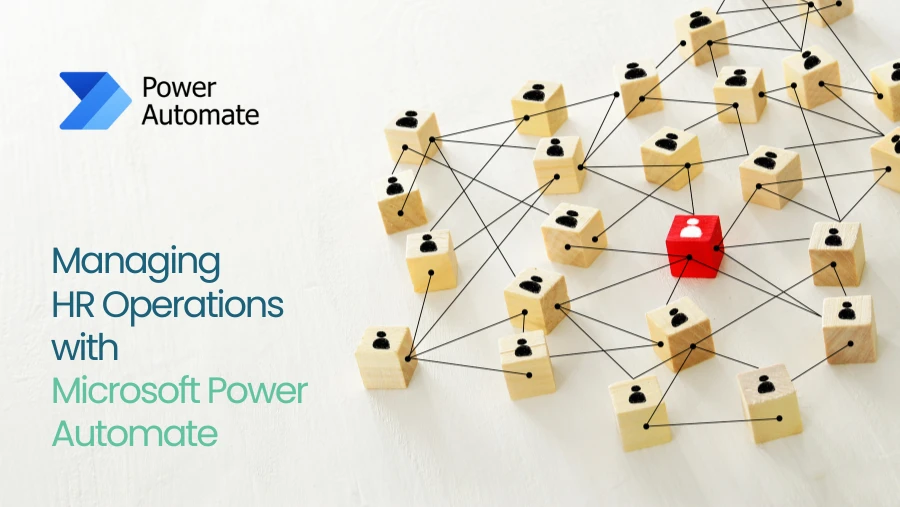Understanding Sustainability: Why It Matters
Sustainability has become a cornerstone of modern business operations, driven by increasing awareness of climate change, environmental degradation, and resource depletion. At its core, sustainability involves meeting present needs without compromising the ability of future generations to meet theirs. It emphasizes reducing environmental impacts, conserving natural resources, and promoting long-term ecological balance.
Businesses across industries are adopting sustainable practices to align with consumer expectations, comply with government regulations, and reduce operational costs. From achieving net-zero carbon emissions to minimizing waste, sustainability is no longer optional but essential for staying competitive in today’s market. The growing demand for eco-friendly products and services underscores the importance of embedding sustainability into every facet of an organization’s operations.
How ERP Systems Support Sustainable Practices
Enterprise Resource Planning (ERP) systems act as comprehensive business management tools, offering an integrated platform to monitor, plan, and optimize resources. When leveraged correctly, ERP systems can drive sustainability by providing organizations with actionable insights and tools to minimize waste, reduce energy consumption, and adopt more eco-friendly processes. Here are some ways ERP systems contribute to sustainability:
Enhanced Resource Management: ERP systems track resource usage, ensuring materials, energy, and labor are utilized efficiently.
Waste Reduction: By optimizing production and inventory management, ERP minimizes waste, ensuring that businesses only produce what they need.
Regulatory Compliance: ERP helps organizations comply with environmental laws, such as carbon emissions standards and recycling regulations, by generating reports and tracking performance metrics.
Supply Chain Optimization: ERP facilitates sustainable procurement by identifying responsible suppliers and optimizing logistics to reduce transportation emissions.
Data-Driven Decision Making: ERP systems provide real-time data to support strategic decisions that align with sustainability goals.
Best Practices for Implementing ERP Systems to Achieve Sustainability Goals
Incorporate the Three R’s: Reduce, Reuse, Recycle
- Use ERP tools to minimize material wastage by planning production schedules and inventory levels precisely.
- Track reusable materials and implement workflows for recycling packaging and scraps.
- Measure the effectiveness of recycling initiatives to continually improve.
Optimize Manufacturing Processes
- Use ERP to monitor energy usage, machinery runtime, and production cycles to minimize inefficiencies.
- Implement eco-design principles, ensuring raw materials and processes have minimal environmental impact.
- Leverage tools like Environmental Management Systems (EMS) to track and reduce waste and emissions.
Streamline Supply Chain and Logistics
- Use ERP to analyze transportation routes and schedules to reduce fuel consumption.
- Prioritize local suppliers to cut down on carbon emissions from long-distance logistics.
- Automate ordering processes to prevent overstocking and reduce material wastage.
Enable Transparent Reporting and Compliance
- Generate detailed reports on resource usage, waste management, and emissions.
- Monitor compliance with environmental regulations such as the Plastic Packaging Tax.
- Use ERP’s audit tools to create a transparent record of sustainability practices.
Foster a Culture of Sustainability
- Integrate sustainability goals into your ERP workflows, making them a part of daily operations.
- Train employees to use ERP systems to monitor and improve environmental performance.
- Use ERP to allocate environmental responsibilities across teams and track progress.
Adopt Smart Resource Planning
- Leverage ERP’s forecasting tools to predict demand and prevent overproduction.
- Monitor water, energy, and raw material usage to identify areas for improvement.
- Use intelligent recommendations to reduce over ordering and ensure sustainable material sourcing.
Implement Lean Processes
- Use ERP tools to streamline operations, reducing excess inventory, transportation, and production.
- Avoid repetitive starts and stops in production machinery to lower energy consumption and wear.
- Analyze workflows to identify bottlenecks and inefficiencies that impact sustainability
Embrace Digitalization
- Transition from paper-based processes to digital solutions using ERP.
- Implement automated workflows to reduce manual intervention and improve efficiency.
- Track sustainability KPIs, such as carbon emissions and waste reduction, using real-time dashboards.
Why Sustainability with ERP is Essential
Consumer Demand
Modern consumers prioritize eco-friendly products and services. Businesses that adopt sustainable practices and showcase transparency gain a competitive edge.
Cost Savings
Sustainable practices often result in cost savings by reducing waste, conserving energy, and optimizing resource usage.
Regulatory Compliance
Governments worldwide are enforcing stricter environmental laws. An ERP system ensures businesses remain compliant, avoiding fines and reputational damage.
Long-Term Viability
Sustainable operations contribute to the long-term health of businesses by minimizing risks associated with resource scarcity and climate change.
Corporate Social Responsibility (CSR)
Adopting sustainable practices enhances a company’s brand image and demonstrates its commitment to societal well-being.
Conclusion
Sustainability is no longer just a trend—it’s a necessity for businesses aiming to thrive in a rapidly changing world. ERP systems provide the tools and insights needed to integrate sustainable practices seamlessly into business operations. By adopting best practices in ERP implementation, organizations can reduce waste, improve resource efficiency, and align with global sustainability goals.
In the journey towards achieving sustainability, ERP systems are not just facilitators but essential enablers of a greener and more responsible future.







